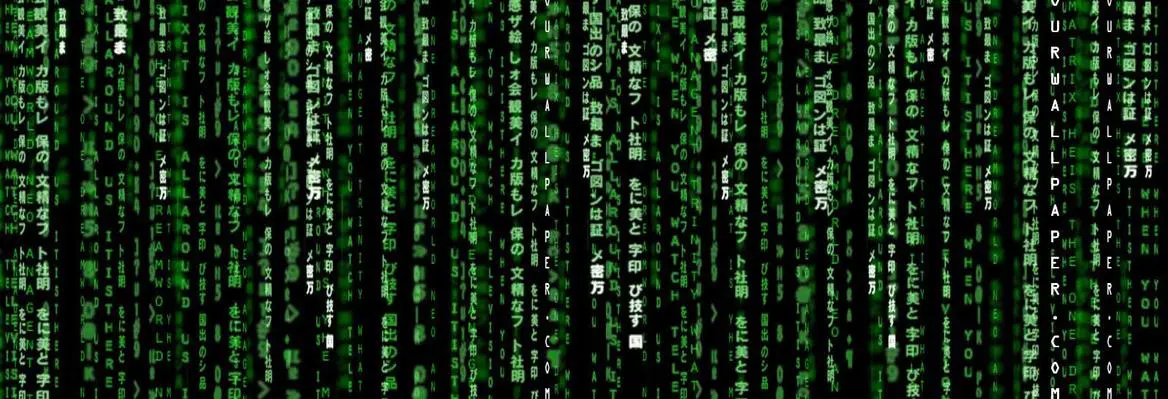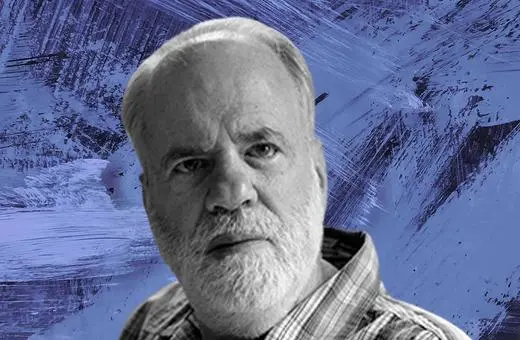Michael Potter is Professor of Logic in the Faculty of Philosophy at the University of Cambridge, and has been a Fellow of Fitzwilliam College since 1989. His forthcoming book, Wittgenstein1916, will be a study of Wittgenstein's views on ethics and religion during the First World War, during the time he was writing his famous Tractatus.
We spoke to him about Wittgenstein, the linguistic turn and the importance of logic to the study of language.
Can you start by explaining what we mean when we talk about the linguistic turn in philosophy?
It is usually attributed to Gottlob Frege in his 1884 book, The Foundations of Arithmetic. He was interested in explaining arithmetic and his account was based on the idea of trying to explain what sentences like "2+2=4" mean. He was worried that merely explaining what a whole sentence means would leave the question answered, but not the question of what really are the numbers?
So he adopted what's called the "context principle". This turned what looks like a metaphysical question, "what is a natural number?" or "what is the number 2?", into a linguistic question about how the word "two" functions in arithmetical questions. So, he adopted this approach for a very specific purpose in the philosophy of arithmetic, but the idea became important in 20th century philosophy. What Frege taught was that when you're confronted with a philosophical question, don't just dive into the question cold. Start by trying to analyse the way that the language is used in the formulation of the question. So, I think that's what the linguistic turn has been taken to mean.
I think, on occasion, the impression has been given that there were a number of philosophers who thought that the method of focusing first on language was the whole of philosophy, that all there is to philosophy is getting clear with how language functions. There was a brief period where there were people thought like that – most notably, Wittgenstein in the Tractatus. But that didn't last long.
Why do you think that Wittgenstein thought that all philosophical questions could be answered by language?
Looking at Wittegenstein, the reason he thought that, in a certain sense, language was all there is to philosophy, was due to his account of what it is for a sentence to be meaningful. The core idea of this was that to say something meaningful, you have to contrast the way you're saying the world is from that which it could've been but isn't. So if you say there's a book on the table, you're making a claim about the world, which may have been false, but isn’t.
Now, he thought that there was kind of a special case, where, if you say something like “either it's raining or it isn't”, that couldn't be false because it's empty, vacuous. It's just saying nothing. He thought that those two cases – contingent cases like "there's a book on the table", or the vacuous claims like "it's raining, or it isn't", exhausted all the proper uses of language.
Now, the thing to think about philosophical claims is that they can't be put in either of those two boxes. They're not contingent claims like "there's a book on the table", and they're not totally vacuous things like "either it's raining, or it isn't." Because those are the only two boxes, the only cache left is not what he thought in the Tractatus, but any claim that cannot be put in either of those two boxes was just … nonsense.















Join the conversation